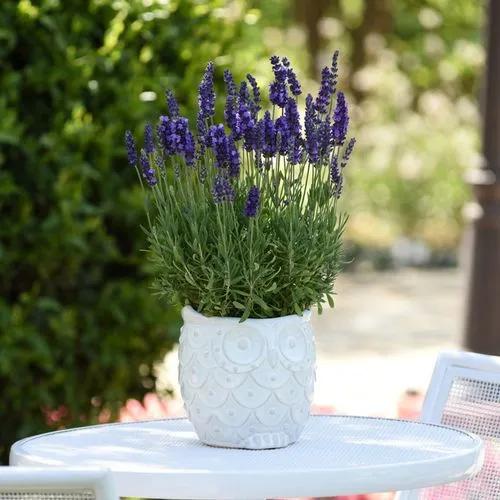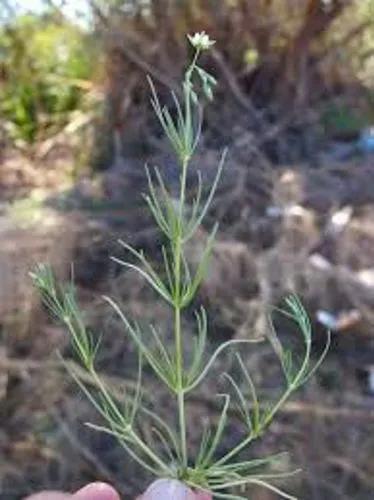Hibiscus is ideal if you wish to have a beautiful plant at home but do not know how to care for flowers. Hibiscus combines beauty and ruggedness. However, for Hibiscus to not live dimly but delight you with bright flowers, you need to remember a few tips.
Hibiscus Care
Hibiscus rosa-sinensis



Hibiscus looks like a small shrub with dark green leaves and beautiful flowers. The size of this plant can vary depending on the species of Hibiscus. The mature plant is 3-6 feet (1-1.8 meters) tall and 2-4 feet (50-100 centimeters) wide. Hibiscus flowers are often red, yellow, or white. Flowers are 3-10 inches (7-25 centimeters) in diameter.
How to Care for the Plant

Water

Hibiscus loves moisture, so you need to water the plant generously. Gardeners do not advise watering this plant too often — it is better to let the top layer of the soil dry out. You should reduce the frequency of watering in autumn and winter and water Hibiscus 2-3 days after the topsoil has dried. Do not forget you need to spray the plant with water.

Pruning

You may prune at any time of the year. However, it is best to do it in the spring. You do not have to be afraid to damage the flower — pruning will benefit your Hibiscus.

Fertilizer

Top dressing is important for indoor Hibiscus. In the spring, you can add phosphate and potash fertilizers. In summer, you can add humus to make the plant grow more actively.

Sunlight

Hibiscus loves bright light. However, the plant can't stand dry air and hot sun. The plant will grow more slowly if it lacks sunlight; however, this is not a big problem for Hibiscus.

Soil

To prepare the soil yourself, you will need a mixture of leafy and turf soil, humus, and sand in a ratio of 3:3:1:1. Experts recommend adding good drainage to the bottom of the pot because this plant does not like stagnant water in the pot.

Propagation

Hibiscus propagates by seeds and cuttings. Propagation by seeds is a very difficult process for beginner growers. Young cuttings are best suited for propagation. For rooting, place them in water or on the soil and cover them with a glass or jar for moisture. When the roots appear, you will need to transplant the cutting into a soil mixture containing a large amount of peat.

Temperature

The optimum temperature for Hibiscus in summer is 68 - 72 degrees Fahrenheit (20-22 degrees Celsius). In winter, the temperature should be lower - 57-60 degrees Fahrenheit (14-16 degrees Celsius).

Container

Hibiscus is a fast-growing plant, so you need to choose a small container, or Hibiscus will quickly take up a lot of space.

Fun fact

In Hawaii and Malaysia, Hibiscus is considered a symbol of female beauty. Local girls have long woven the flower of the plant into their hair.

Popularity

73,755 people already have this plant 7,383 people have added this plant to their wishlists
Discover more plants with the list below
Related articles






